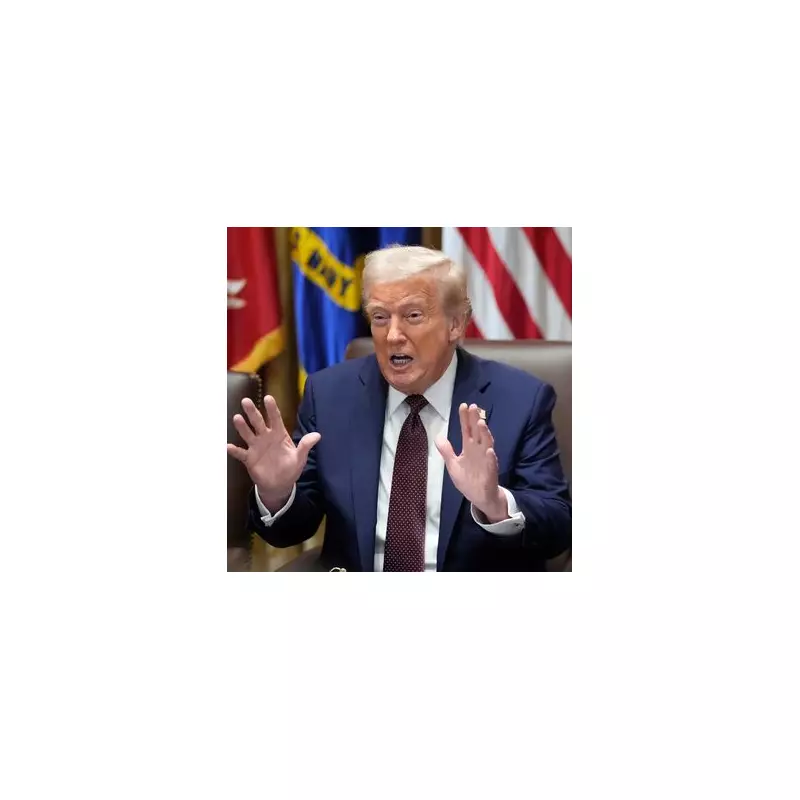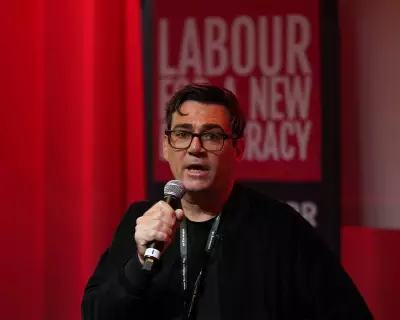
Former US President Donald Trump has issued a chilling warning to the United Kingdom, declaring that the nation would be utterly defenceless in the event of a "major war" without the military and financial support of the United States.
In characteristically blunt remarks, the Republican frontrunner claimed that European nations, including the UK, have become entirely dependent on American protection while failing to meet their NATO financial commitments.
A Stark Warning to European Allies
Trump's comments, made during a campaign speech, highlighted his longstanding criticism of NATO members who do not fulfil the alliance's defence spending target of 2% of GDP. He specifically questioned why American taxpayers should bear the burden of protecting wealthy European nations that aren't paying their "fair share."
"You know, they asked me would I protect? I said, 'You didn't pay? You're delinquent?' No, I would not protect you," Trump stated, recounting a hypothetical conversation with NATO leaders.
The UK's Defence Spending Reality
While Trump's comments targeted multiple NATO members, his warning carries particular significance for the UK, which has historically enjoyed a "special relationship" with the United States. Defence analysts note that while the UK meets the 2% NATO target, there are ongoing concerns about the sustainability of its military capabilities without strong allied support.
The former president's remarks come amid heightened global tensions and ongoing conflicts in Ukraine and the Middle East, putting European defence capabilities under increased scrutiny.
Political Reactions and Implications
Trump's comments have sparked concern among UK defence officials and politicians who worry about the potential impact on transatlantic relations should he return to the White House. The warning represents the most explicit threat to date regarding the conditional nature of American military support under a potential second Trump administration.
As the US presidential election approaches, European leaders are increasingly considering how to navigate a possible future where American commitment to NATO might be significantly different from previous administrations.





